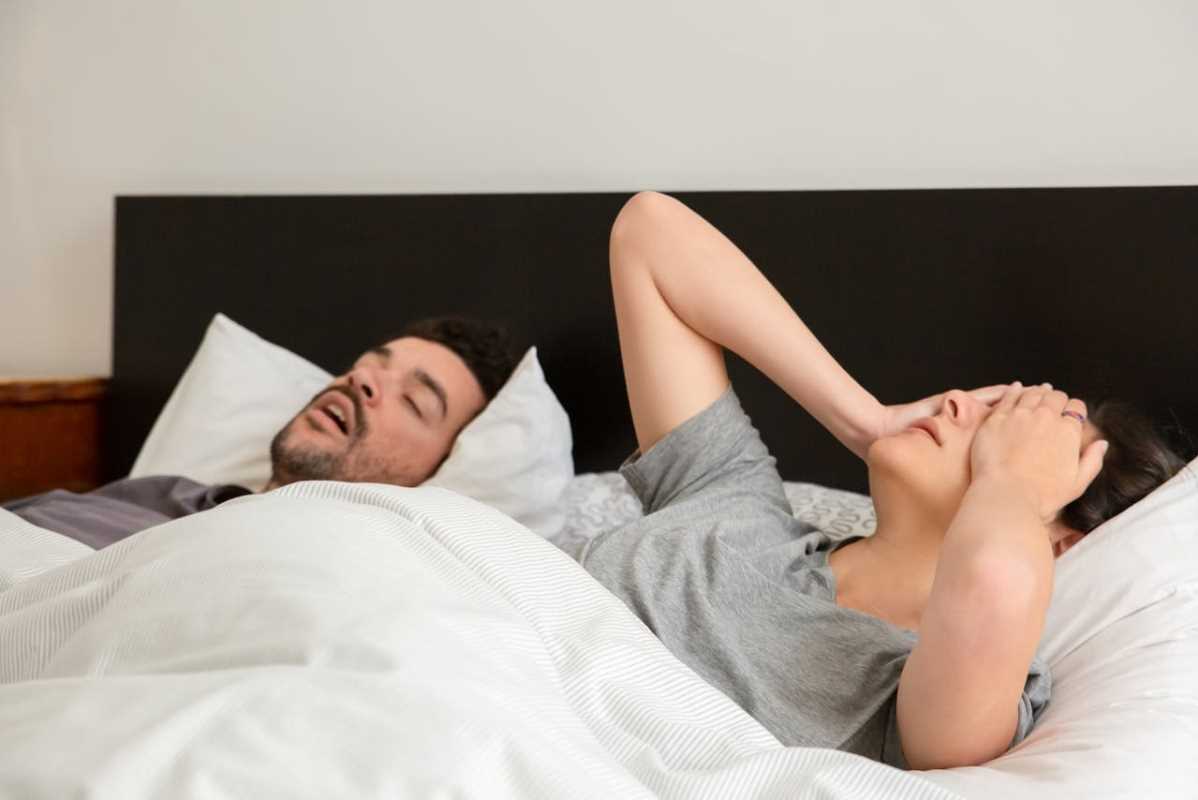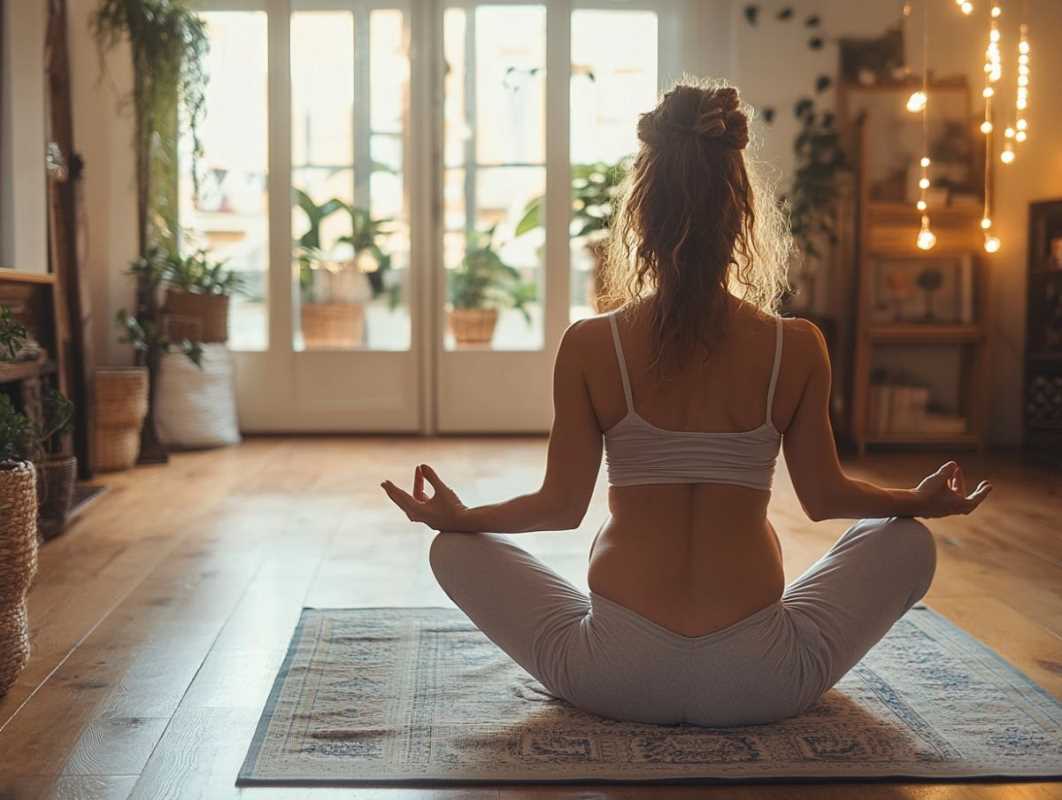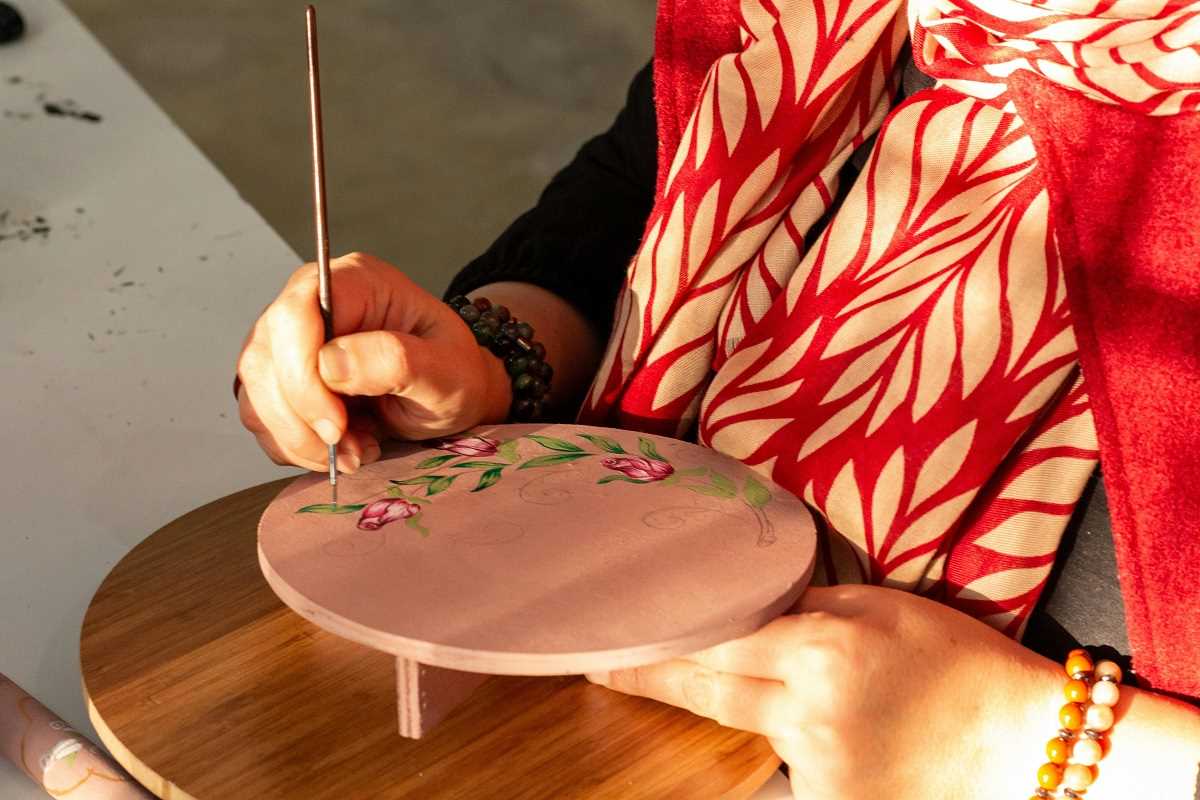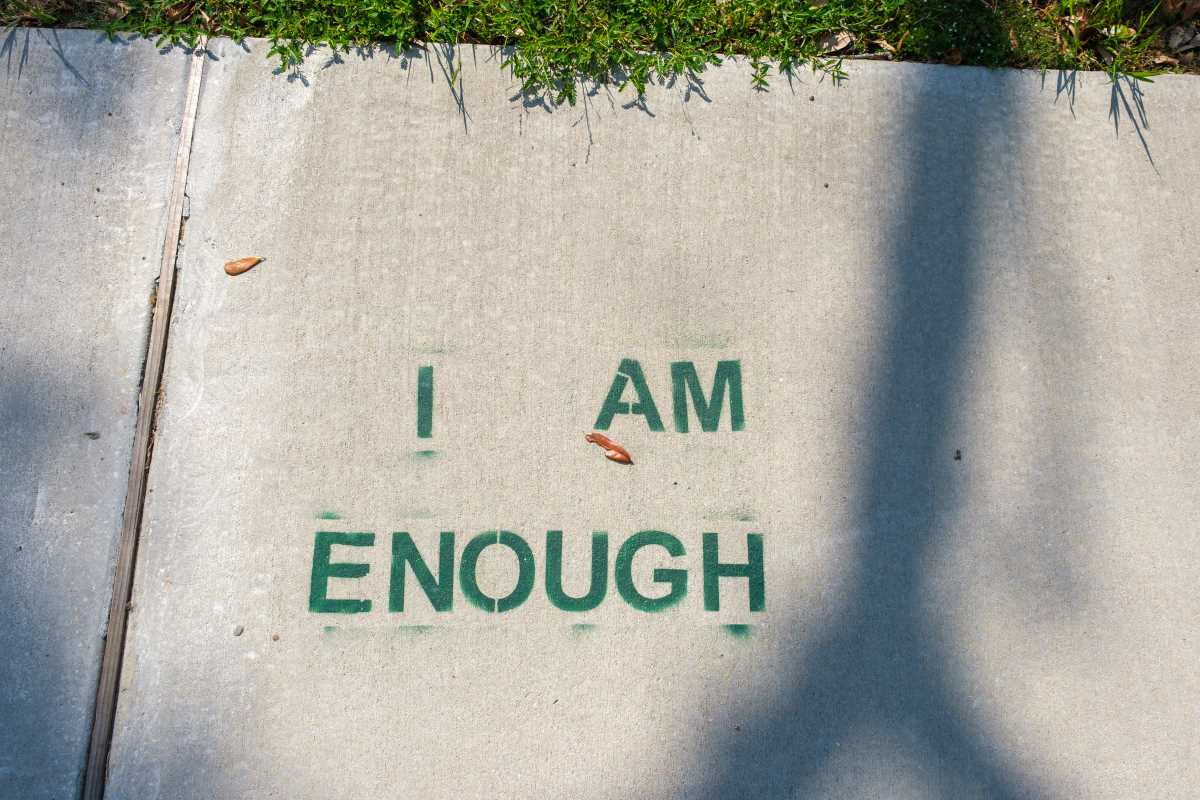Sleep is one of the most important aspects of overall health, yet it’s often taken for granted. When sleep is disrupted or insufficient, it can affect everything from mood to memory to physical health. The good news is there are plenty of natural ways to improve sleep without the need for drastic changes or medications. By tuning in to your body’s natural rhythms and making small adjustments, it’s possible to create habits that help you fall asleep faster, stay asleep longer, and wake up feeling refreshed. Sleep isn’t just about quantity; quality is just as important. Here’s a guide to improving your sleep naturally and effectively.
Understanding the Sleep Cycle
Before jumping into tips, it helps to understand how sleep works. Sleep isn’t a single state but rather a series of stages your brain and body move through multiple times each night. These include light sleep, deep sleep, and REM (rapid eye movement) sleep. Each stage has a specific purpose. Light sleep helps the body relax, while deep sleep is when muscles repair and the immune system strengthens. REM sleep, on the other hand, is important for processing memories and emotions.
When these stages are disrupted, even if you’re technically getting enough hours of sleep, you may wake up feeling groggy or unrefreshed. That’s why getting consistent, high-quality sleep is essential for your physical and mental well-being.
Creating a Sleep-Friendly Environment
The environment where you sleep plays a larger role in sleep quality than most people realize. A calm, comfortable, and distraction-free space can make it easier for the body to transition into rest mode. The key is to create a bedroom that sends signals of comfort and relaxation to your brain.
Start with the basics, like keeping the room cool. Studies show that a slightly lower temperature, usually between 60-67°F, helps the body maintain its ideal conditions for sleep. Keeping noise levels down is another factor. White noise machines or simple earplugs can block disruptive sounds, creating a more peaceful atmosphere.
Lighting also makes a difference. Darkness signals the brain to produce melatonin, a hormone that encourages sleep. Blackout curtains or an eye mask can block out any extra light, whether it’s from streetlights outside or electronics in the room. Small changes like these can make your bedroom a place that promotes rest rather than distraction.
Regulating Your Sleep Schedule
One of the most effective ways to improve sleep naturally is by sticking to a consistent sleep schedule. Our bodies are designed to follow a natural rhythm, known as the circadian rhythm, which regulates when we feel awake and when we feel tired. This internal clock thrives on regularity, so going to bed and waking up at the same time every day can make a big difference.
Even on weekends, maintaining a consistent wake time prevents the disruption known as “social jetlag.” Sleeping in too much can throw off the body’s rhythm, making it harder to fall asleep when Sunday night rolls around. While adjusting to a routine might take time, it can help reinforce your natural sleep-wake cycle.
The Importance of Evening Rituals
What you do in the hours leading up to bedtime can greatly affect how easily you fall asleep. Evening rituals signal to the body and mind that it’s time to wind down. Quiet, relaxing activities such as reading, journaling, or taking a warm bath can reduce stress and prepare the body for rest.
Avoiding stimulating activities during this time is also crucial. For instance, exposure to blue light from phones, tablets, and televisions can suppress melatonin, making it harder to fall asleep. Switching off devices at least an hour before bed or using a blue light filter can help minimize this effect. Quiet, low-energy activities set the tone for sleep and can prime the brain for relaxation.
Eating and Drinking for Better Sleep
What you eat and drink throughout the day can have a surprising impact on your sleep quality. Caffeine, for instance, can stay in your system for several hours, so having coffee or tea too late in the afternoon may interfere with bedtime. Alcohol, while it might make you feel sleepy, often disrupts deeper stages of sleep, leaving you tired the next day.
On the other hand, lighter, easily digestible foods in the evening can support sleep. Complex carbohydrates, small servings of protein, or foods rich in magnesium, such as bananas or almonds, can help relax the body. Staying hydrated is important too, but drinking too much water close to bedtime increases the chances of waking up in the middle of the night. Striking the right balance ensures that sleep isn’t disrupted unnecessarily.
Harnessing Natural Light
Natural light exposure during the day has a powerful effect on the body’s internal clock. Sunlight helps regulate melatonin production, keeping the circadian rhythm aligned with the day-night cycle. Spending time outside during daylight hours can help signal to the brain when it’s time to be awake and when it’s time to wind down later.
Morning light, in particular, is especially beneficial. Stepping outside for even 10-15 minutes shortly after waking can positively influence energy levels and the ability to fall asleep more easily that night. If going outdoors isn’t always possible, standing near a sunny window can provide a similar benefit.
Managing Stress Before Bedtime
Stress and overthinking are two of the biggest culprits behind restless nights. When the mind feels overactive, falling asleep can feel impossible. Managing stress in the evening can help create a mental state that’s more conducive to rest.
Relaxation techniques such as deep breathing, progressive muscle relaxation, or even mindfulness can help you unwind. These practices work by calming the body’s natural stress response, slowing the heart rate, and allowing the mind to feel less burdened. Journaling before bed can also help clear any lingering thoughts or worries, making it easier to drift off to sleep undistracted.
The Role of Exercise
Regular exercise is another natural way to improve sleep. Physical activity not only tires the body but also eases feelings of stress and anxiety, two common causes of sleep disturbances. Exercise helps regulate the body’s energy levels and promotes deeper, more restorative sleep cycles.
Timing matters, though. For most people, vigorous exercise too close to bedtime can increase alertness, making it harder to fall asleep. Morning or early afternoon workouts are generally ideal for balancing energy levels throughout the day and promoting better rest at night.
Recognizing When to Seek Help
While many simple, natural strategies can support better sleep, sometimes the problem runs deeper. Persistent trouble falling or staying asleep, known as insomnia, or regularly feeling fatigued despite getting enough sleep can be signs of an underlying issue such as sleep apnea or anxiety disorders.
Recognizing when professional help is needed is key to improving sleep in a meaningful way. Sleep specialists or physicians can uncover the root cause and recommend targeted treatments. Healthy natural habits are important, but they work best when paired with a deeper understanding of what might be disrupting your rest.
 (Image via
(Image via





